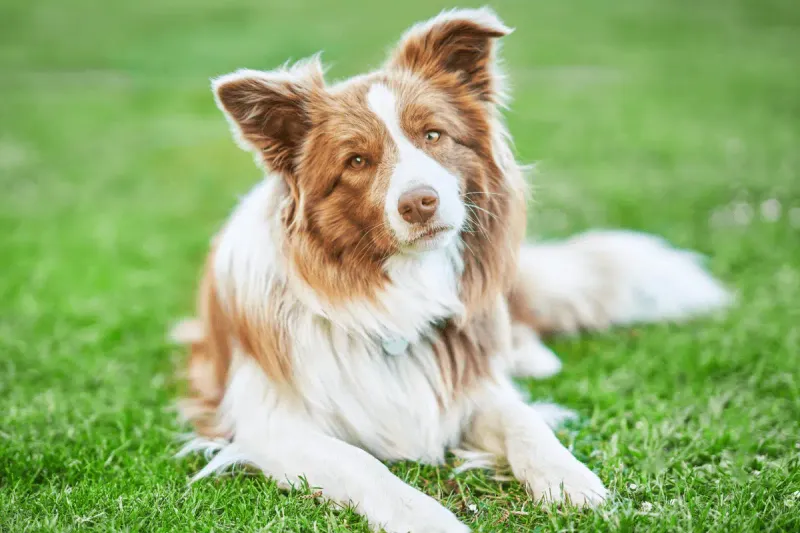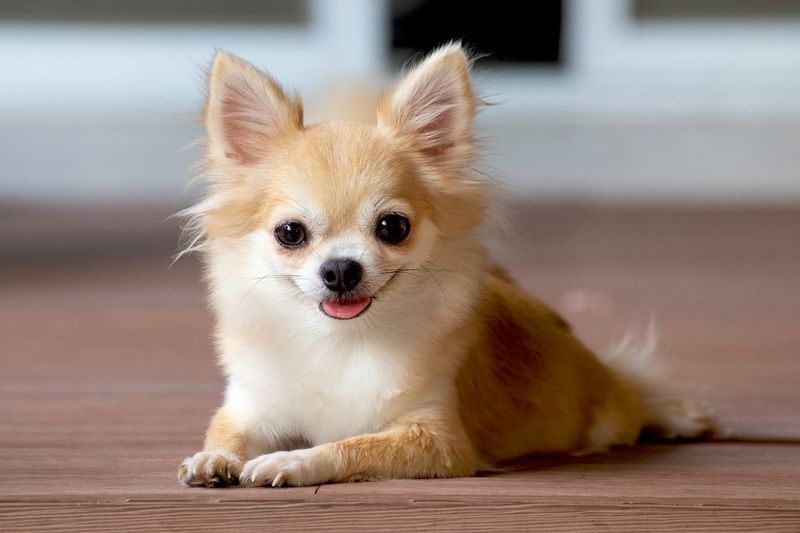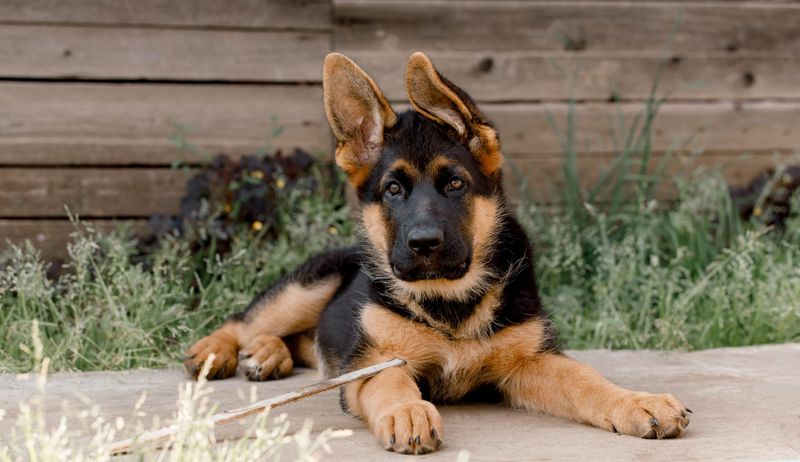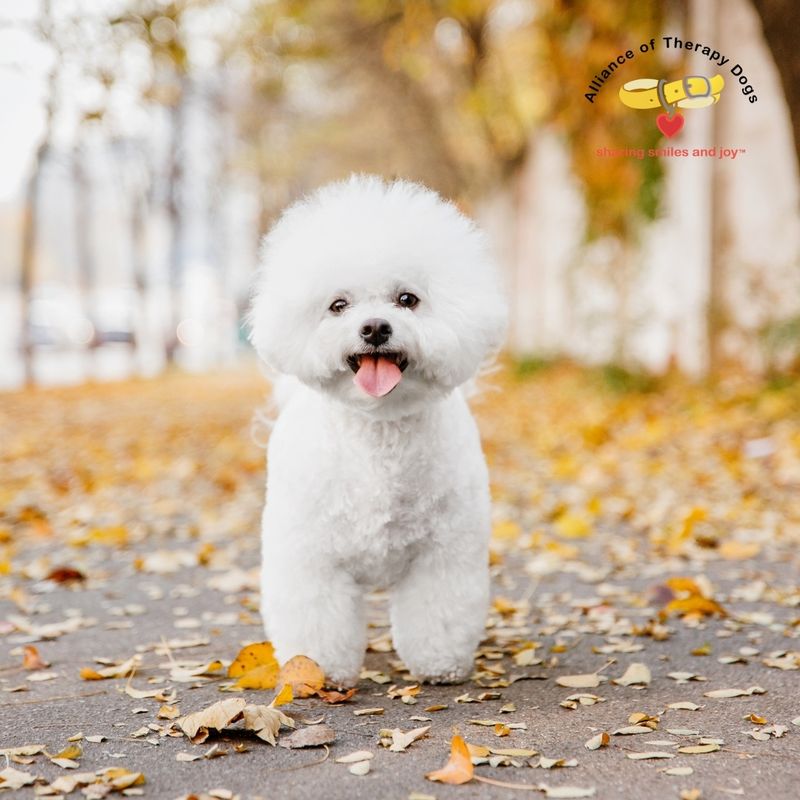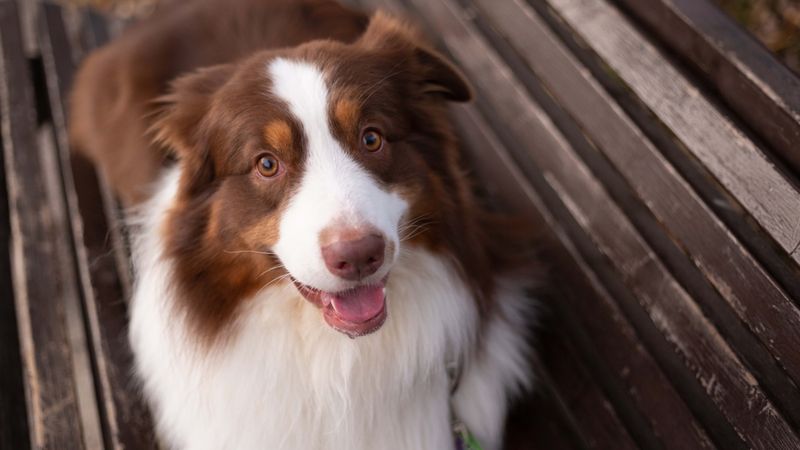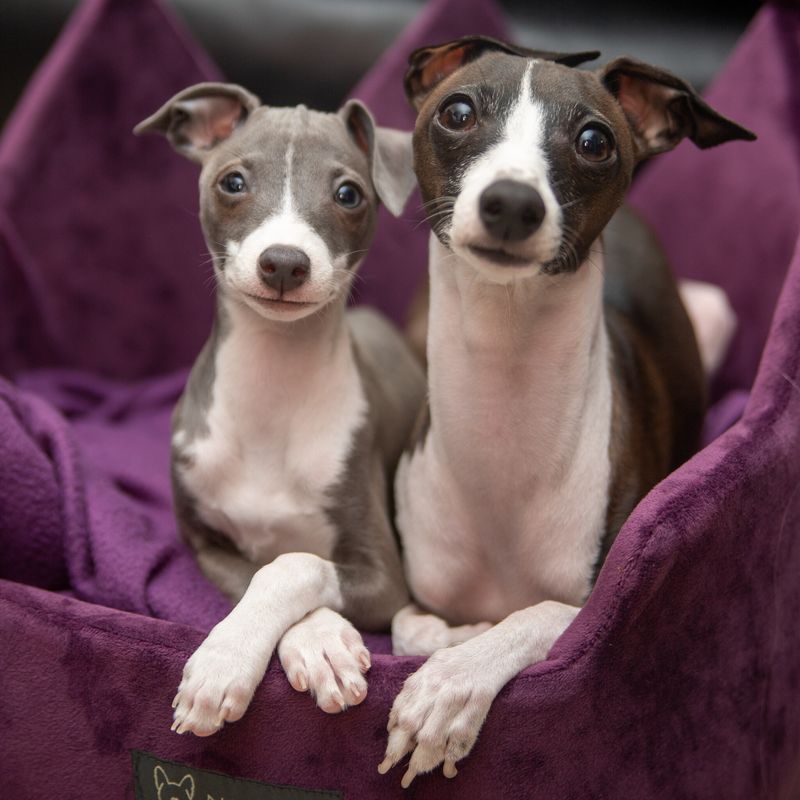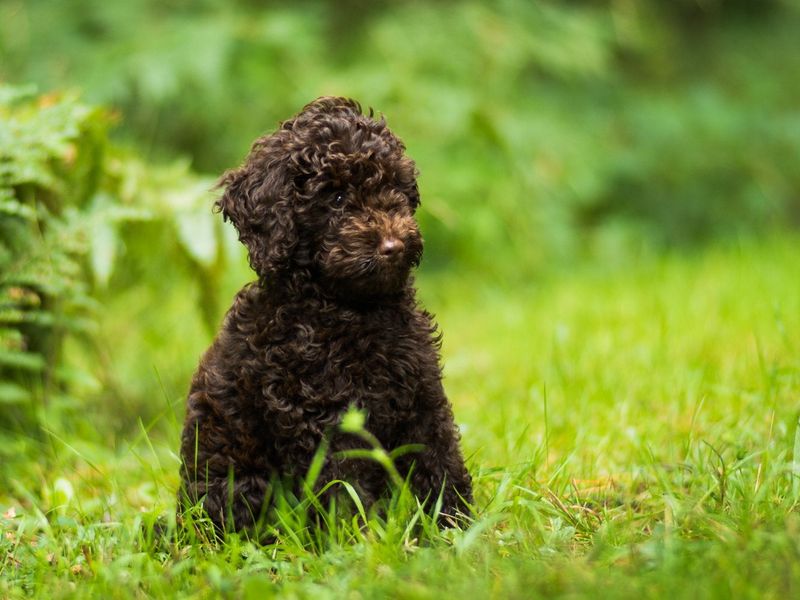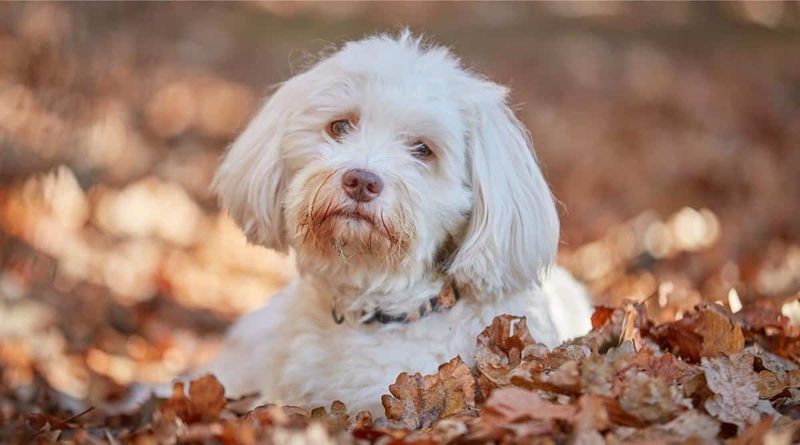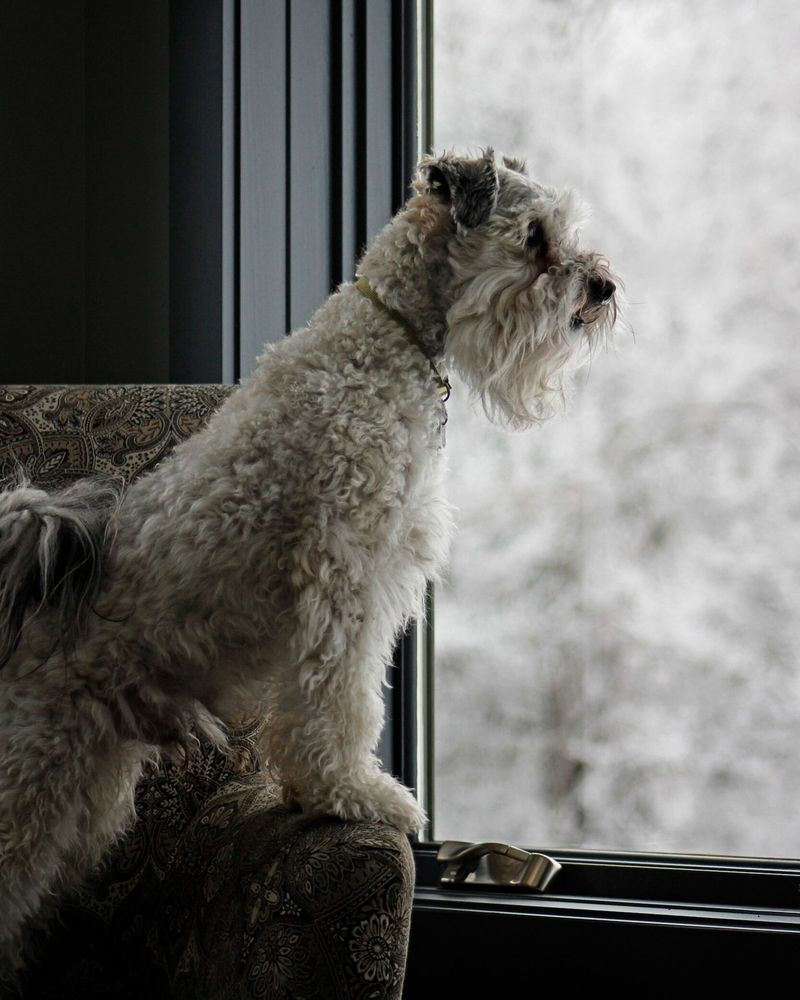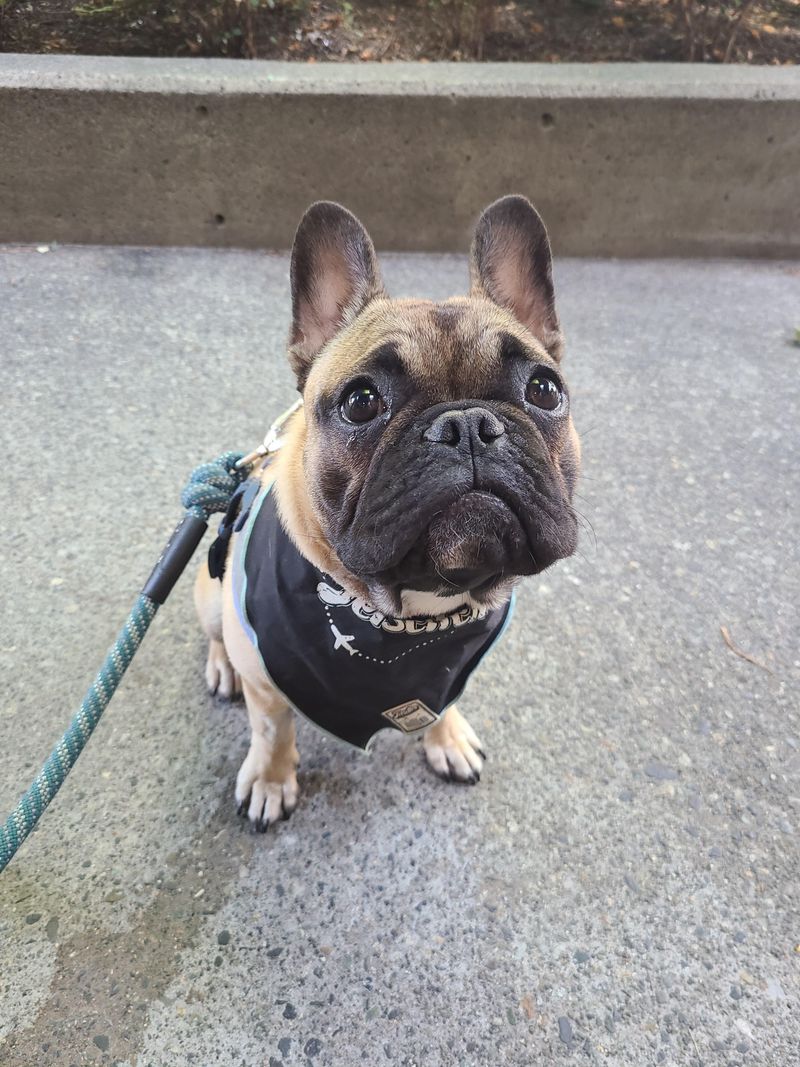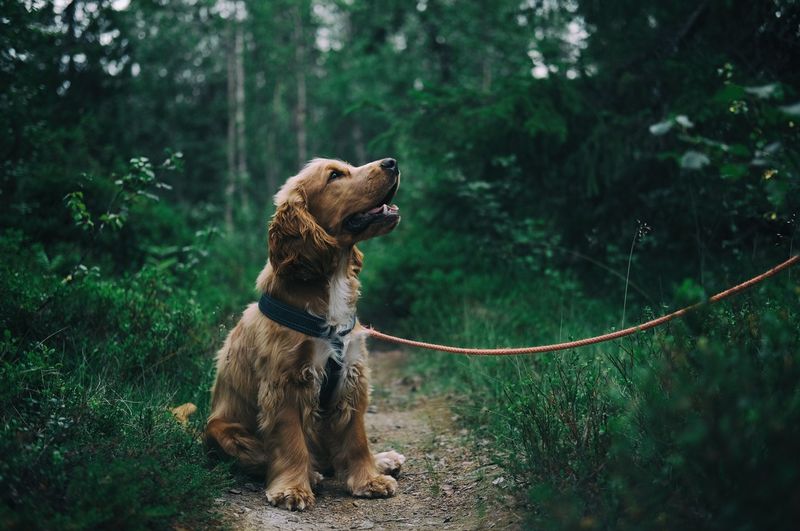15 Dog Breeds That Can’t Stand Being Alone – Are Yours One Of Them?

For many dog owners, leaving the house comes with a side of guilt, knowing their four-legged friend isn’t exactly thrilled about it. While some breeds are content to snooze the day away solo, others might stage their own version of a canine opera if left alone too long.
Discover dog breeds that are notoriously clingy and prefer human company like a fish prefers water.
1. Labrador Retriever
Labrador Retrievers, with their ever-wagging tails and goofy grins, are the epitome of loyalty and companionship. But when left alone, these social butterflies can turn into anxious pups. Labs thrive on interaction, whether it’s a game of fetch or a simple belly rub.
Their need for companionship is so strong that being alone for extended periods can lead to destructive behavior. Chewed shoes or overturned trash cans might be a sign your Lab needs more attention.
To keep them content, consider doggy daycare or hiring a walker. Engaging toys and puzzles can also help keep their minds busy until you return. Labradors, after all, aren’t just man’s best friend; they’re man’s clingiest friend too!
2. Border Collie
Border Collies are renowned for their intelligence and energy, always ready for a task at hand. Bred as herding dogs, they instinctively seek purpose and direction, making solitude a less-than-ideal situation.
Leaving a Border Collie alone often results in them getting creative, sometimes to your furniture’s detriment. They need mental stimulation like a plant needs sunlight.
To keep them happy, provide plenty of physical exercise and brain games. Consider agility courses, long walks, or even trying out herding classes. Remember, a busy Collie is a happy Collie!
3. Chihuahua
Don’t let their pint-sized stature fool you; Chihuahuas pack a mighty punch when it comes to personality. These tiny companions are known for their devotion to their humans, often sticking to them like glue.
When left alone, they can become anxious, barking or whining to make their displeasure known. Their small size doesn’t prevent them from having large emotions.
To soothe their separation woes, consider leaving them with a cozy blanket or a worn T-shirt of yours. Familiar scents can be comforting. A little playtime before leaving can also work wonders.
4. German Shepherd
German Shepherds are the epitome of loyalty and protection, always eager to be by their owner’s side. Their strong work ethic means they can become restless when left to their own devices.
Without adequate stimulation, they may resort to chewing or excessive barking. These intelligent canines thrive on challenges and tasks.
Engage them with obedience training or interactive toys. A well-exercised German Shepherd is a content one, ready to greet you with enthusiasm upon your return.
5. Bichon Frise
The Bichon Frise, with its powder-puff appearance and merry disposition, is a breed that thrives on companionship. They’re happiest when involved in family activities and can become anxious when left alone for too long.
Their cheerful nature can quickly turn to sadness, marked by barking or destructive behavior. Keeping them entertained with toys or arranging frequent playdates can help.
A Bichon Frise is not just a fluffy accessory but a lively partner eager for interaction.
6. Cavalier King Charles Spaniel
Cavalier King Charles Spaniels are the quintessential lapdogs, relishing every moment spent with their human companions. Their affectionate nature means they crave attention and can become despondent when left alone.
These gentle souls are prone to separation anxiety, often exhibiting signs of distress such as barking or whining.
Keeping them comforted with familiar items and ensuring plenty of bonding time can alleviate their loneliness. A Cavalier’s heart is as big as its eyes, always looking for love.
7. Australian Shepherd
Australian Shepherds are energetic herders known for their intelligence and need for activity. Being left alone can lead to boredom, resulting in mischief or destructive antics.
Their keen minds require challenges and stimulation, whether through training exercises or interactive play.
Providing them with jobs or engaging activities can prevent anxiety and keep them content. With an Aussie, a game of fetch can be more fulfilling than a day at a spa.
8. Italian Greyhound
Italian Greyhounds, with their slender elegance and affectionate demeanor, are true homebodies at heart. They form strong bonds with their humans and can feel deeply upset when left alone.
Their sensitive nature makes them prone to separation anxiety, often leading to pacing or whining. Keeping them snug with a favorite blanket or shirt can offer solace.
A brisk walk or a bit of playtime before leaving can help ease their solitude. For these graceful pups, comfort is key.
9. Poodle
Poodles, whether Standard, Miniature, or Toy, are known for their smarts and sociability. Their keen intelligence means they quickly notice when they’re left behind.
Without mental and social stimulation, they might resort to barking or chewing to express their loneliness. Engaging them with puzzles or training can keep them occupied.
For a Poodle, companionship isn’t just a preference; it’s a necessity. Keep them involved, and they’ll reward you with loyalty and love.
10. Havanese
Havanese dogs, often described as velcro dogs, are happiest when glued to their owner’s side. Their cheerful and affectionate nature means solitude can leave them feeling down.
When left alone, they may bark or become restless, manifesting their discomfort. Keeping them entertained with interactive toys can help ease their anxiety.
Ensuring frequent interaction and occasional playdates will keep a Havanese’s tail wagging and spirits bright.
11. Miniature Schnauzer
Miniature Schnauzers, with their expressive eyebrows and lively personalities, are known for their devotion to family. They form strong bonds and can experience separation anxiety when left alone.
These spirited dogs need both mental and physical exercise to stay balanced and content. Without it, they might bark or dig as a form of protest.
Interactive toys and training sessions can keep them engaged. A Schnauzer’s loyalty is unwavering, but they sure love company!
12. French Bulldog
French Bulldogs, with their bat-like ears and charming faces, are beloved for their affectionate nature. They adore human company and can become despondent when left to entertain themselves.
Their sensitive nature means they can quickly fall into loneliness, leading to troublesome behavior like barking or chewing.
To keep a Frenchie content, provide chew toys and consider short walks to expend energy. They’re not just companions; they’re family members in fur coats.
13. Cocker Spaniel
Cocker Spaniels, with their soulful eyes and friendly dispositions, are natural-born companions. They thrive on human interaction and can become anxious when solitude sets in.
Without adequate engagement, they might resort to barking or chewing to express their unrest. Keeping them busy with training or play can help.
A Cocker Spaniel isn’t just a pet; it’s a furry friend who’s always ready for a cuddle or a romp.
14. Pug
Pugs, with their wrinkled faces and endearing snorts, are known for their love of human attention. They form strong attachments and can feel low when left alone for too long.
Their playful and affectionate nature means they seek companionship like bees seek flowers. Keeping them amused with toys or a short walk can ease their solitude.
For a Pug, companionship is as vital as air. They’re not just pets; they’re family.
15. Shih Tzu
Shih Tzus, with their flowing coats and royal demeanor, are affectionate companions that crave companionship. They bond deeply with their families, making solitude feel like an unwelcome guest.
Without human interaction, they may become restless or vocal. Providing them with engaging toys or leaving the radio on can help soothe their nerves.
A Shih Tzu isn’t just a pet; it’s a little friend that seeks a kingdom of companionship.


